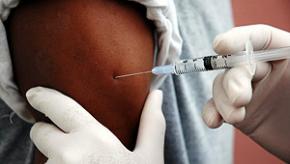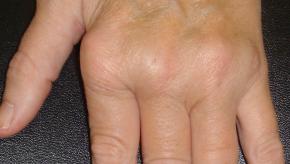Why My Patients Sit Where They Sit
Where do your patients sit? Have you noticed they don't usually sit where you expect them to? What's up with that, and is there a psychology behind one's choice of seating? This curious observation may portend the nature of the physician-patient relationship or, at the very least, impact the layout of your next clinic.













